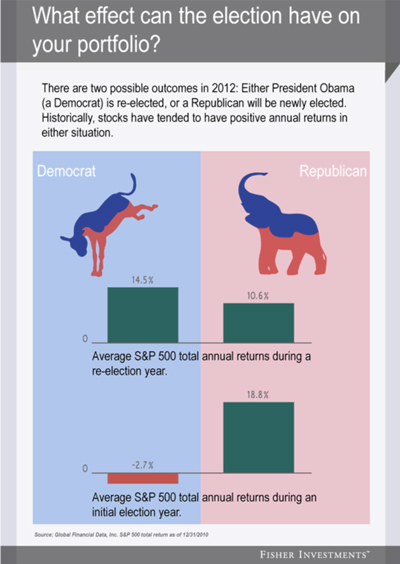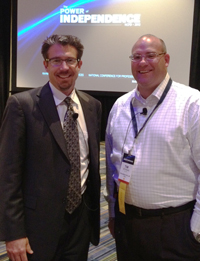
 Exotic certificates of deposit could mean large losses for savers
Exotic certificates of deposit could mean large losses for savers
By Susan Tompor, Detroit Free Press, June 24 2012
As much as savers wish and hope, higher interest rates are not in the cards soon. So I want to warn seniors and others about some unusual CDs that are being marketed that make me do a double-take.
Ever hear of a market-linked CD or equity-linked certificate of deposit?
The pitch is that these types of CDs could earn rates of 4% or 5% or 9% or higher. The return is linked to the future performance of something – such as stocks or commodities or even currencies.
The FDIC put out a long list of questions that consumers should ask before they agree to a market-linked CD or an indexed or structured CD. The U.S. Securities and Exchange Commission also has an alert on structured products, as well as market-linked CDs.
Any product that shows up on the SEC’s website as an ‘Investor Bulletin’ raises concern or reason to pause, suggested Timothy W. Wyman, a Certified Financial Planner at the Center for Financial Planning* in Southfield.** While the product can work for some consumers, he said, the upside is usually limited because of expenses.
Click here for the entire article
The information contained in this report does not purport to be a complete description of the securities, markets, or developments referred to in this material. Any information is not a complete summary or statement of all available data necessary for making an investment decision and does not constitute a recommendations. Any opinions are those of Timothy Wyman, CFP®, JD and not necessarily those of RJFS or Raymond James.
*Center for Financial Planning, Inc. is an independent firm.
** Securities offered through Raymond James Financial Services, Inc. Member FINRA/SIPC










